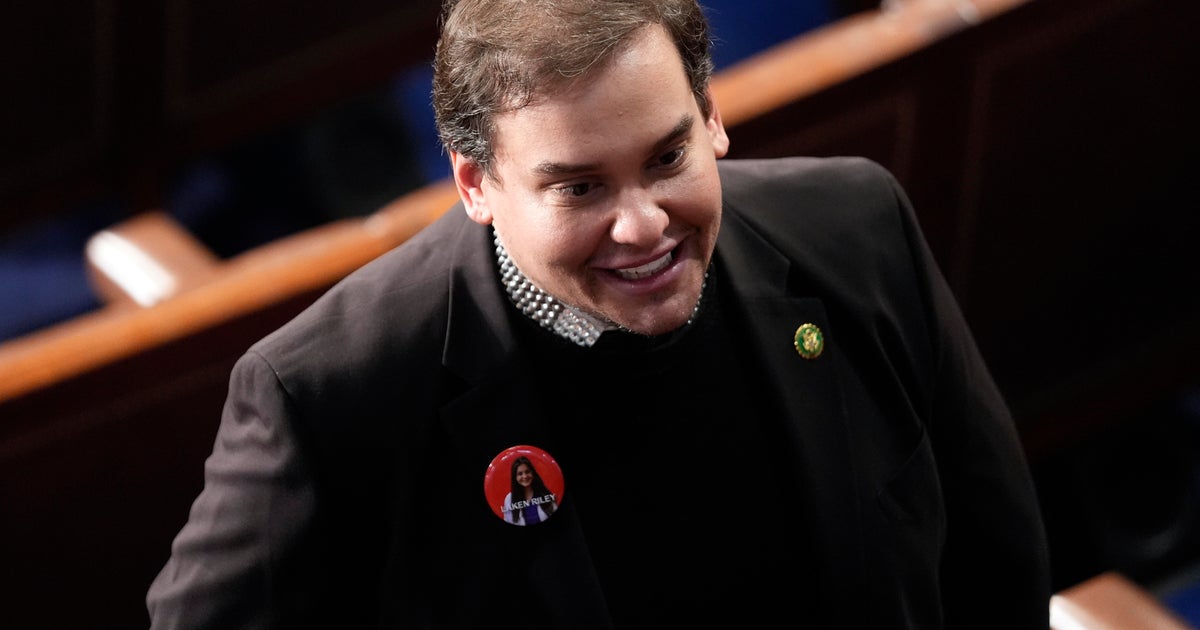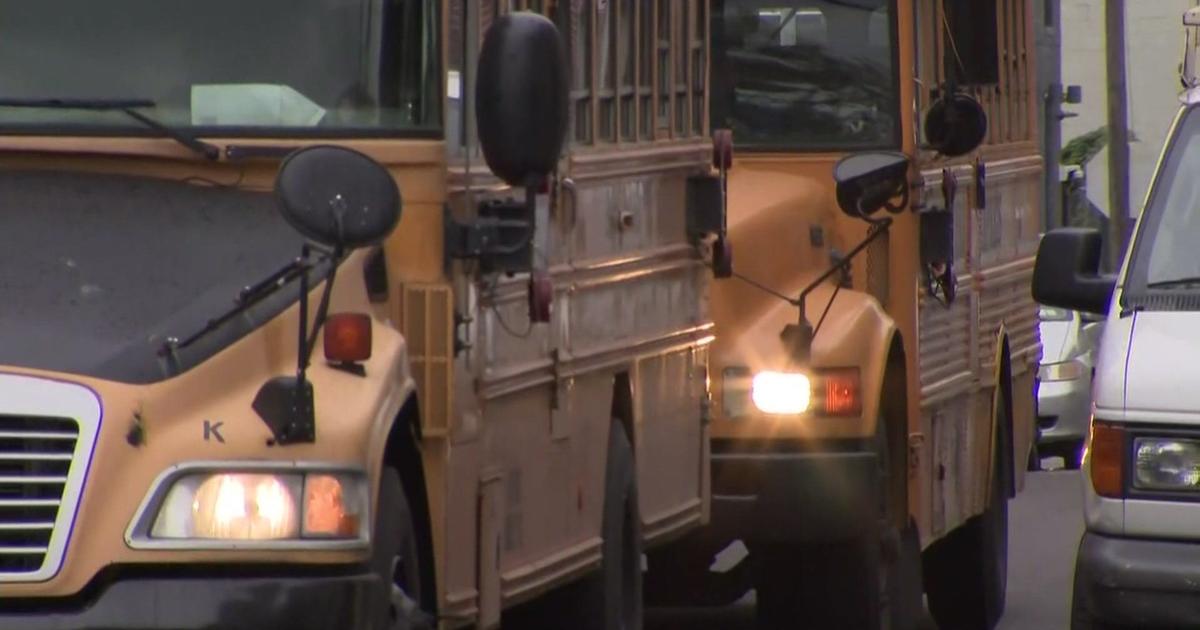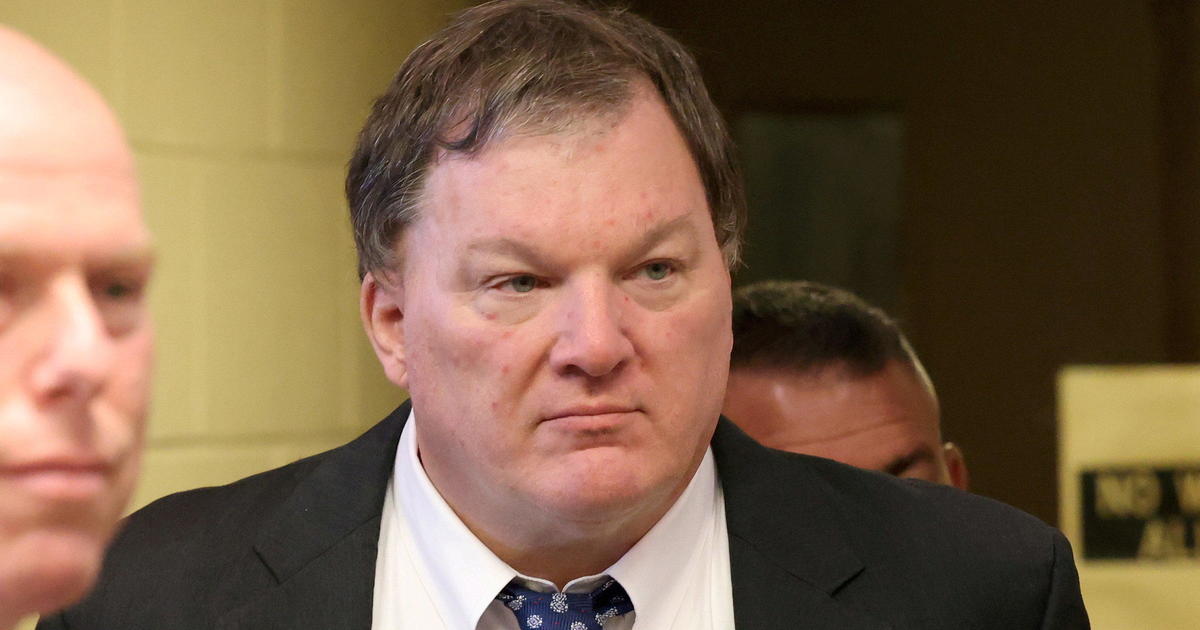Conn. Gov Race Goes Into Overtime
HARTFORD, Conn. (AP) -- Republican Tom Foley was clinging to a lead early Wednesday in the Connecticut governor's race, but many of the uncounted returns were coming from cities where Democrat Dan Malloy was expected to do well.
With 70 percent of precincts reporting early Wednesday, the Greenwich businessman had 52 percent of the vote and the former Stamford mayor had 47 percent. However, many returns from heavily Democratic cities like Bridgeport, Hartford and New Haven weren't available.
Most polling places closed at 8 p.m., but a state judge ordered a dozen in Bridgeport to remain open until 10 p.m. because officials ran out of ballots for the optical scan machines and had to order more. City officials also photocopied ballots for voters to mark and were forced to count those by hand.
Malloy was concerned some voters left polling places in Bridgeport, Connecticut's largest city, without voting. After 8 p.m., his campaign was urging voters there to get to the polls.
"Anytime people have their right to vote infringed in any way, any time they're potentially disenfranchised, it's a real problem," Malloy aide Roy Occhiogrosso said.
Foley spokeswoman Liz Osborn added, "Everyone deserves the right to vote."
Recent polls showed the race was too close to call after months of negative advertising and the candidates accusing each other of misstating the facts about one another. Some voters say they were discouraged by all the negative ads.
"Everyone was negative. There was very little positive," said 84-year-old Jack Hartwick of Glastonbury, who voted for Malloy but chose Green Party candidates in other races. "The politicians never brought up the issues."
Foley, former U.S. ambassador to Ireland, fueled his campaign with nearly $11 million of his own money and $1.5 million in contributions from individuals. Malloy, a former prosecutor, campaigned with $8.5 million from the state's public campaign financing program after raising $250,000 in qualifying contributions.
Malloy ran a series of television and radio ads painting Foley as a greedy and uncaring businessman. Foley's ads portrayed Malloy as a bad mayor who was too cozy with labor unions. Each said the other's allegations were untrue.
(Copyright 2010 by The Associated Press. All Rights Reserved.)



